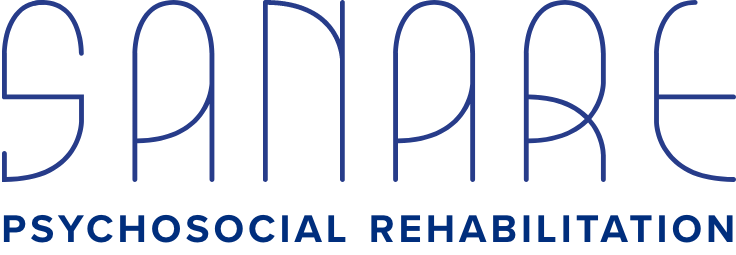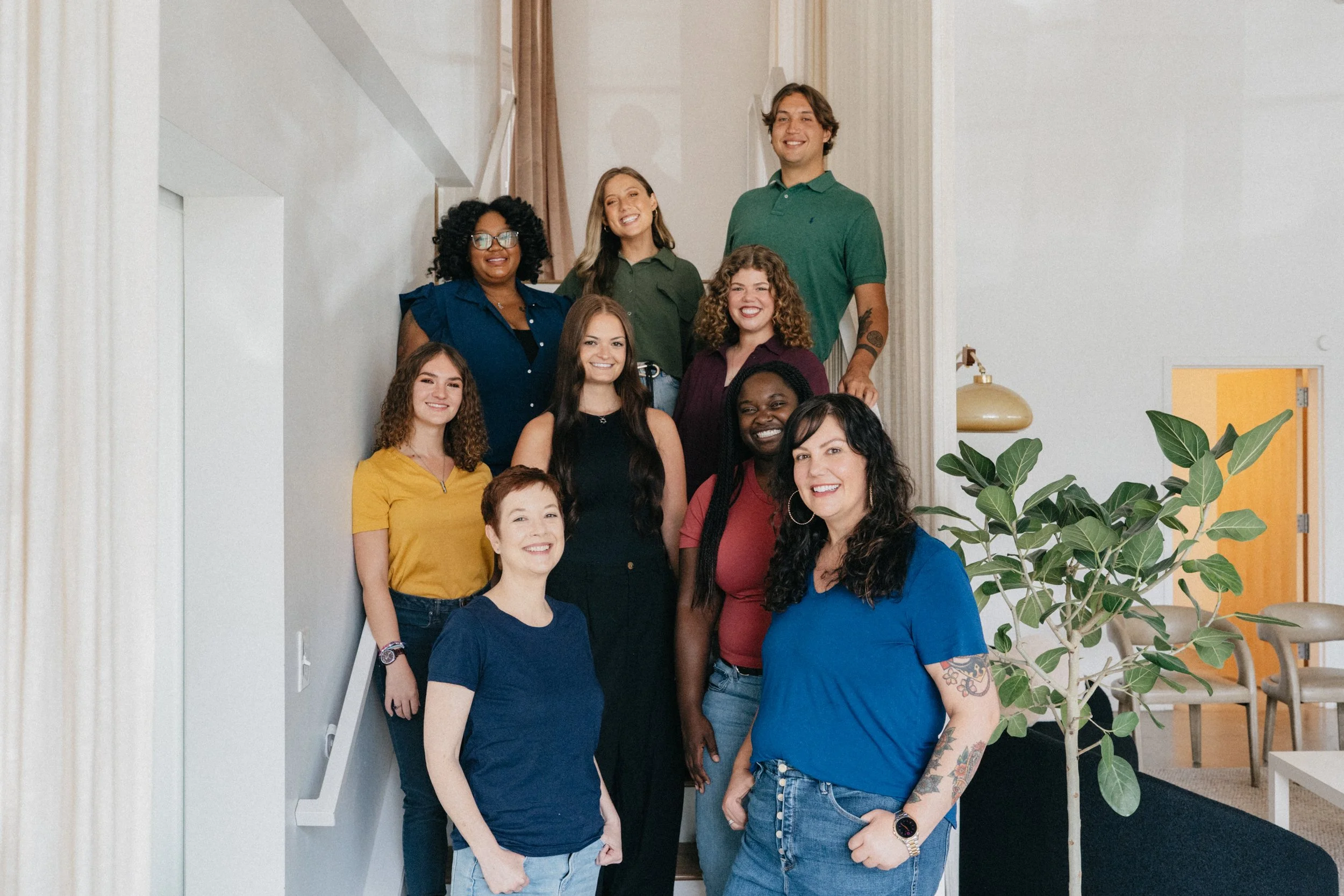Psychosocial rehabilitation, which can also be called Psychiatric Rehabilitation or PSR for short, is a client focused, empowerment approach to mental health care. PSR aims to promote personal recovery, successful day to day functioning and improve the overall quality of life for people with a mental health concern.
An important part of psychosocial rehabilitation is that it is completely individualized to account for each person’s unique history, strengths, short and long term goals, and areas of growth to create a plan of therapeutic support for them.
Psychiatric Rehabilitation promotes recovery, full community integration, and improved quality of life for people who have been diagnosed with any mental health condition that seriously impairs their ability to lead meaningful lives. Psychiatric rehabilitation services are collaborative, person directed, and individualized.
These services are an essential element of the health care and human services spectrum, and should be evidence-based. They focus on helping individuals develop skills and access resources needed to increase their capacity to be successful and satisfied in the living, working, learning, and social environments of their choice.
– DEFINITION OF PSR ACCORDING TO THE PSYCHIATRIC REHABILITATION ASSOCIATION

Psychosocial Rehabilitation is evidence-based, backed by decades of research.
-

The Sanare Clinical Team provides support in each of these domains of functioning:
The treatment plan is tailor-made for each individual based on their strengths, weaknesses, capabilities, and unique needs.
-

Psychiatric & Medical Domain
Physical and psychological health
Hygiene, sleep, exercise, and nutrition
Illness education & symptom tracking
Managing medical & psychiatric healthcare (appointments, medications, etc)
-
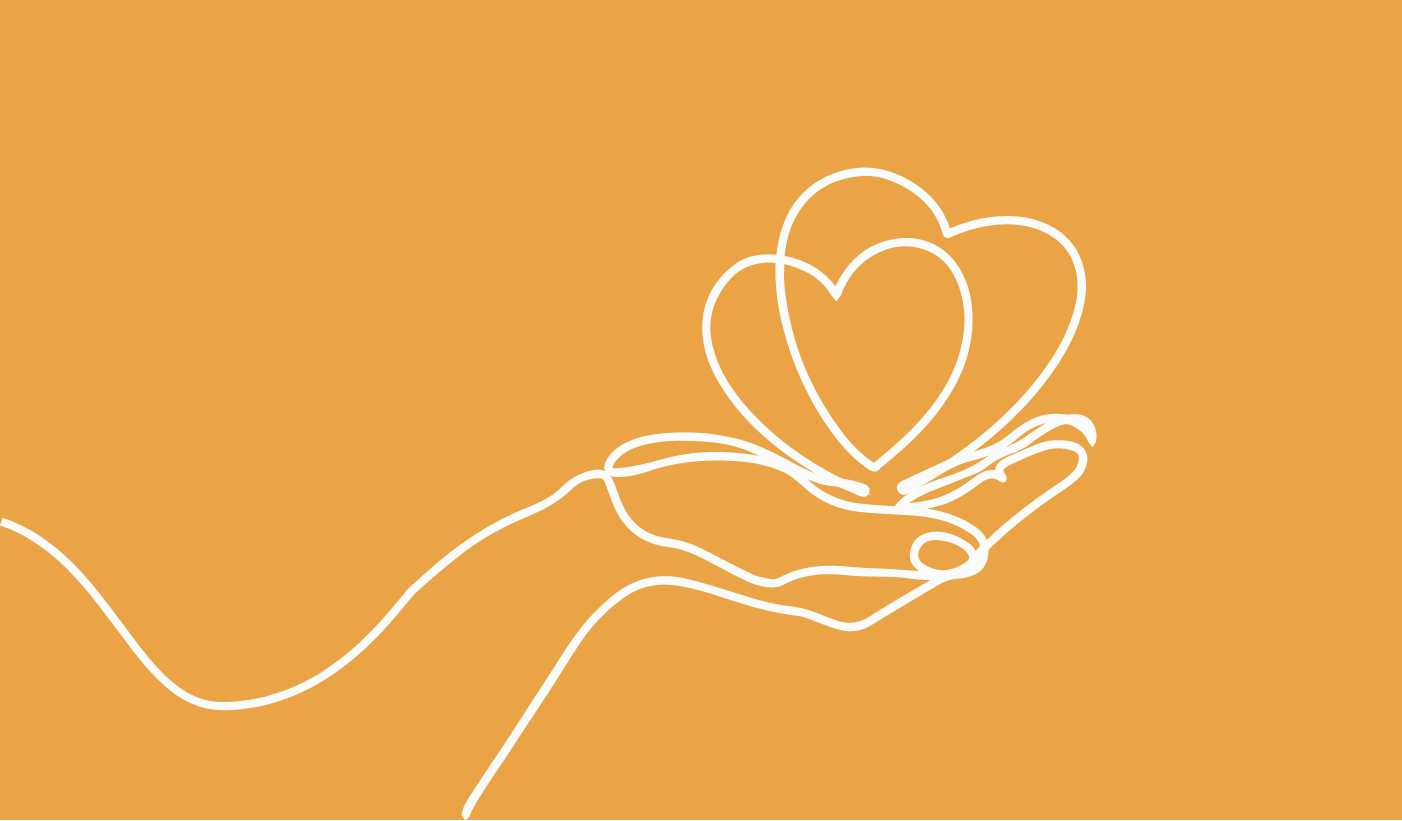
Social & Interpersonal Domain
Feeling connected to others and having satisfying social and romantic relationships
Communication Skills
Interpersonal Effectiveness
Real world practice in social situations
Boundaries in relationships
-
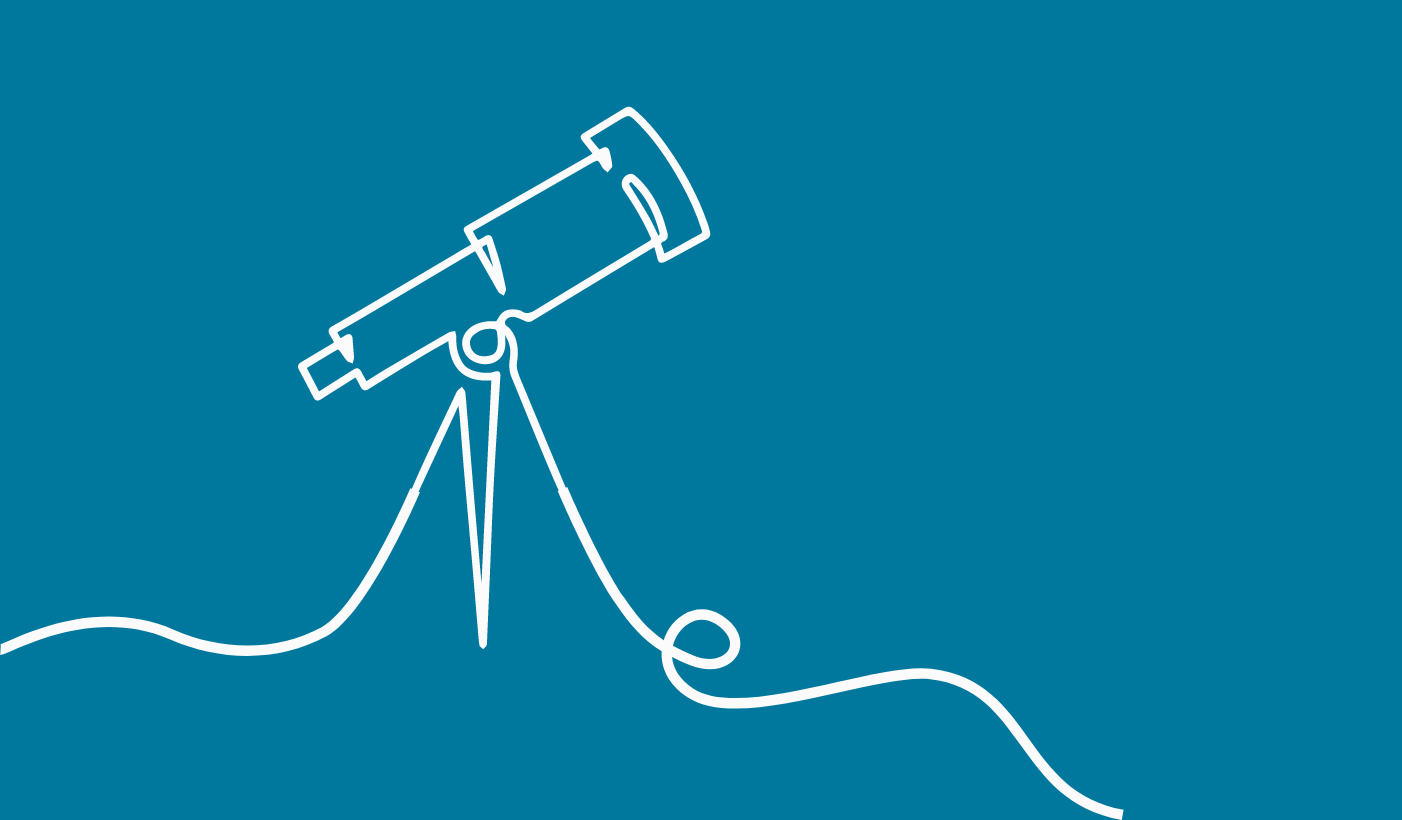
Recreation Domain
Having fun & hobbies that provide things to look forward to
Exploring new interests
Engaging in community activities
-
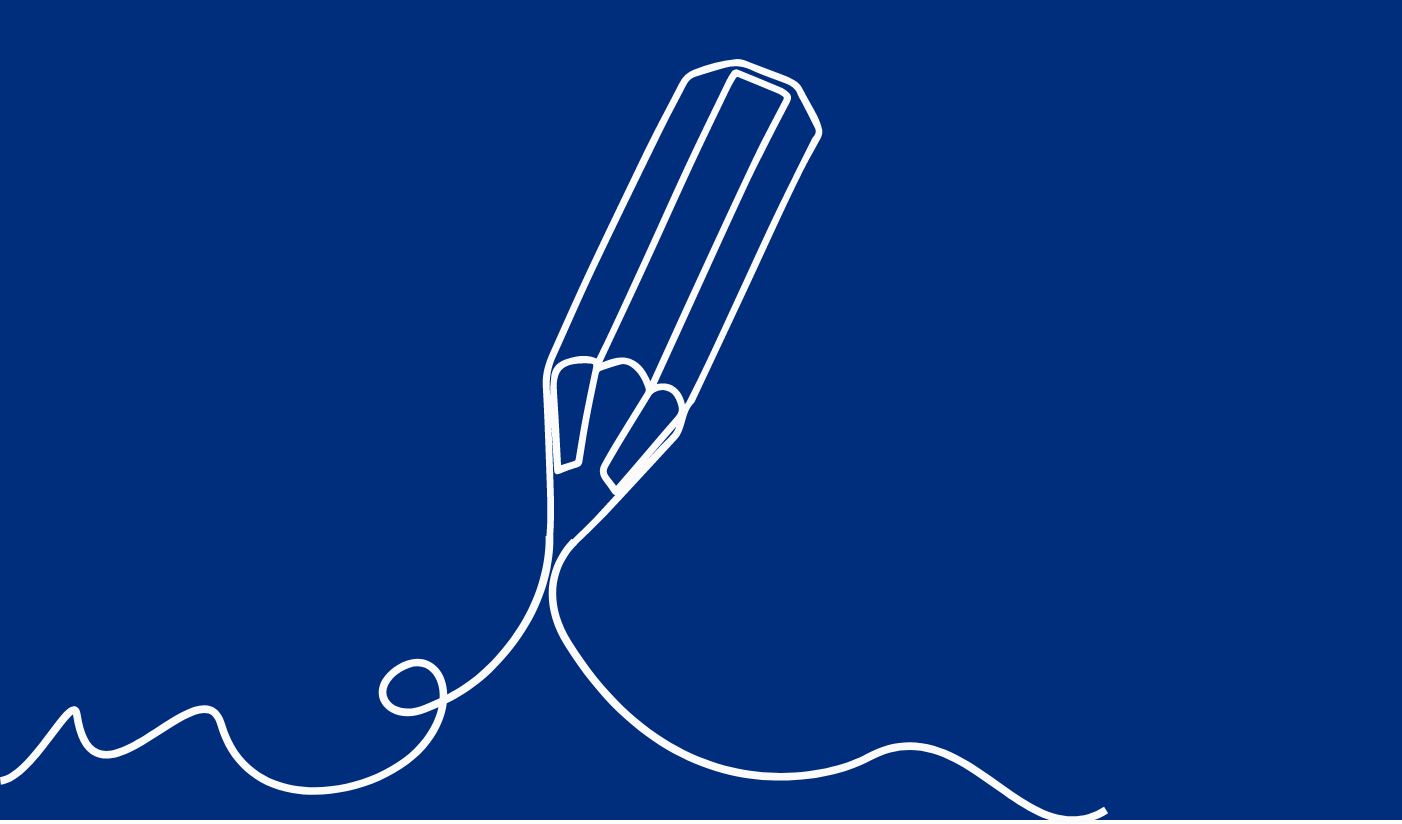
Self-Management Domain
Your time, money, and ‘stuff’
Money management
Effective time management
Creating & maintaining a home environment
Addressing tasks that cause avoidance
-

Vocation & Education Domain
Personal enrichment from one’s work & education
Job searching
Resume writing
Interview skills
Educational strategies
-
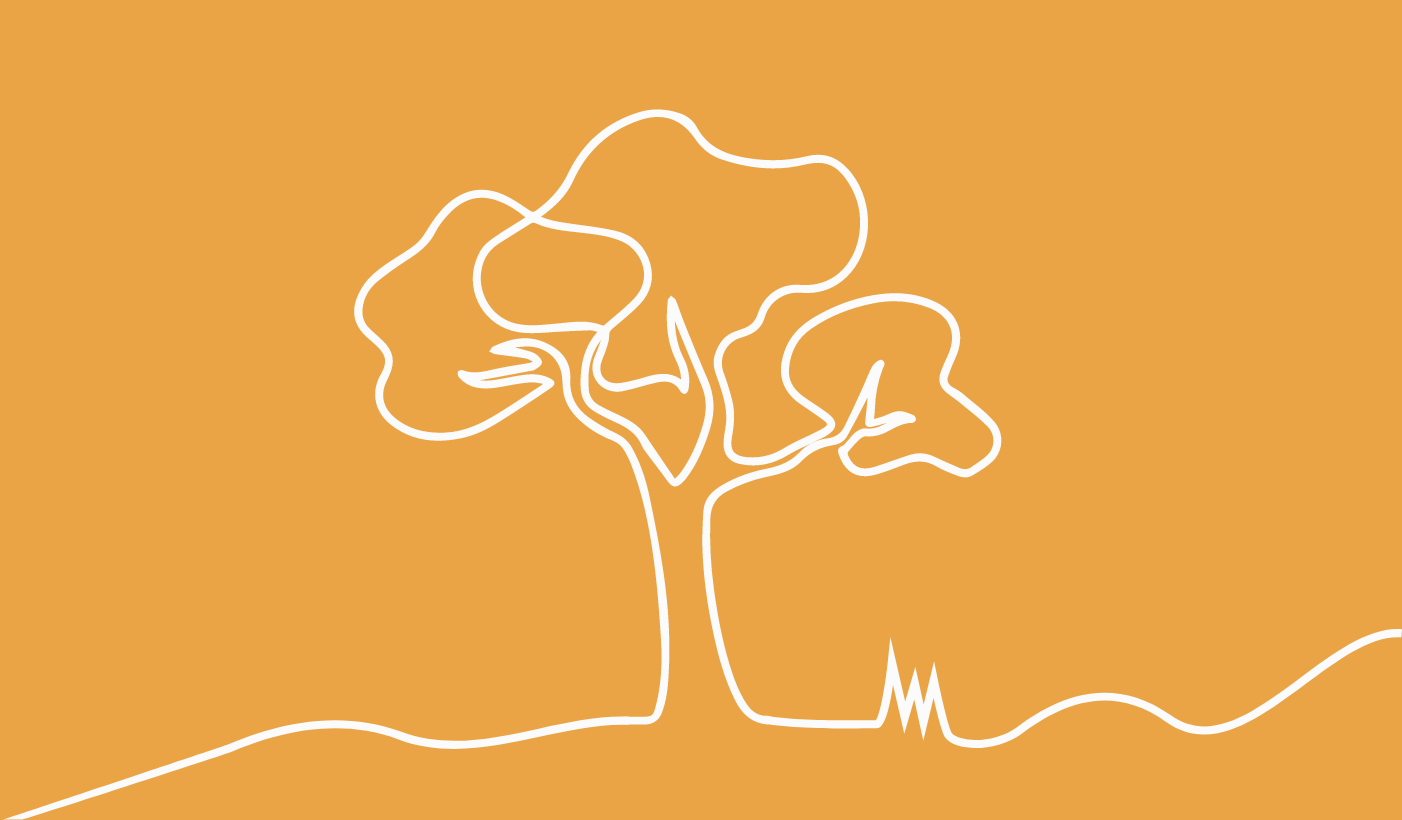
Family Domain
Satisfying familial relationships
Family illness education
Family communication strategies
Contributions/expectations in relationships
-
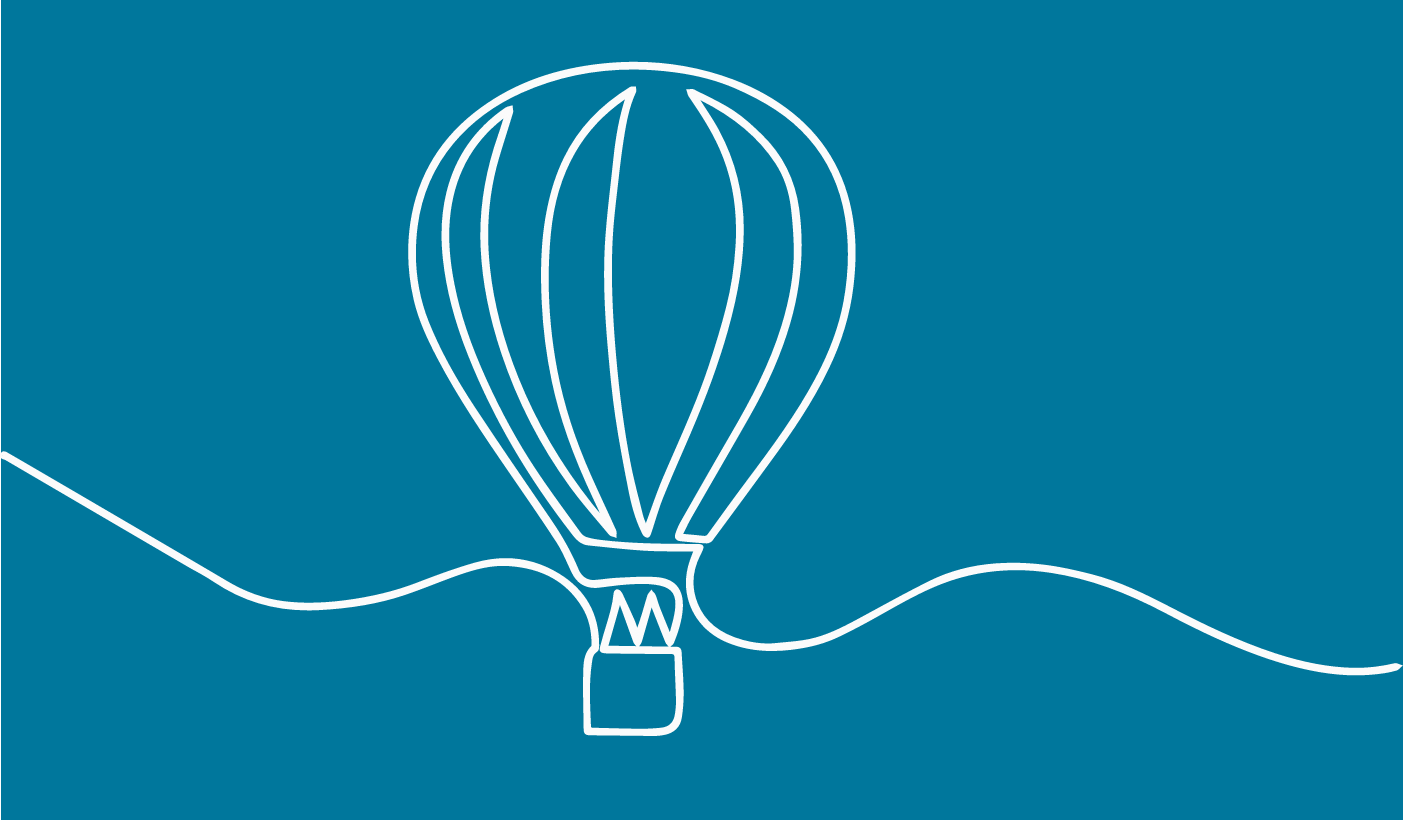
Belief System Domain
How we think about things, our core beliefs
Determining what beliefs impact functioning
Developing new ways of thinking
Learning to recognize unhealthy coping
Overcome avoidance
GOALS
determine the living, working, learning, social roles they wish to achieve
SKILLS
identify and train any skills needed
RESOURCES
determine what other resources might be needed
INTERVENTION
provide counseling, mentoring
SUCCESS
completion of identified goal
